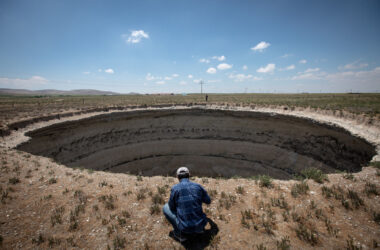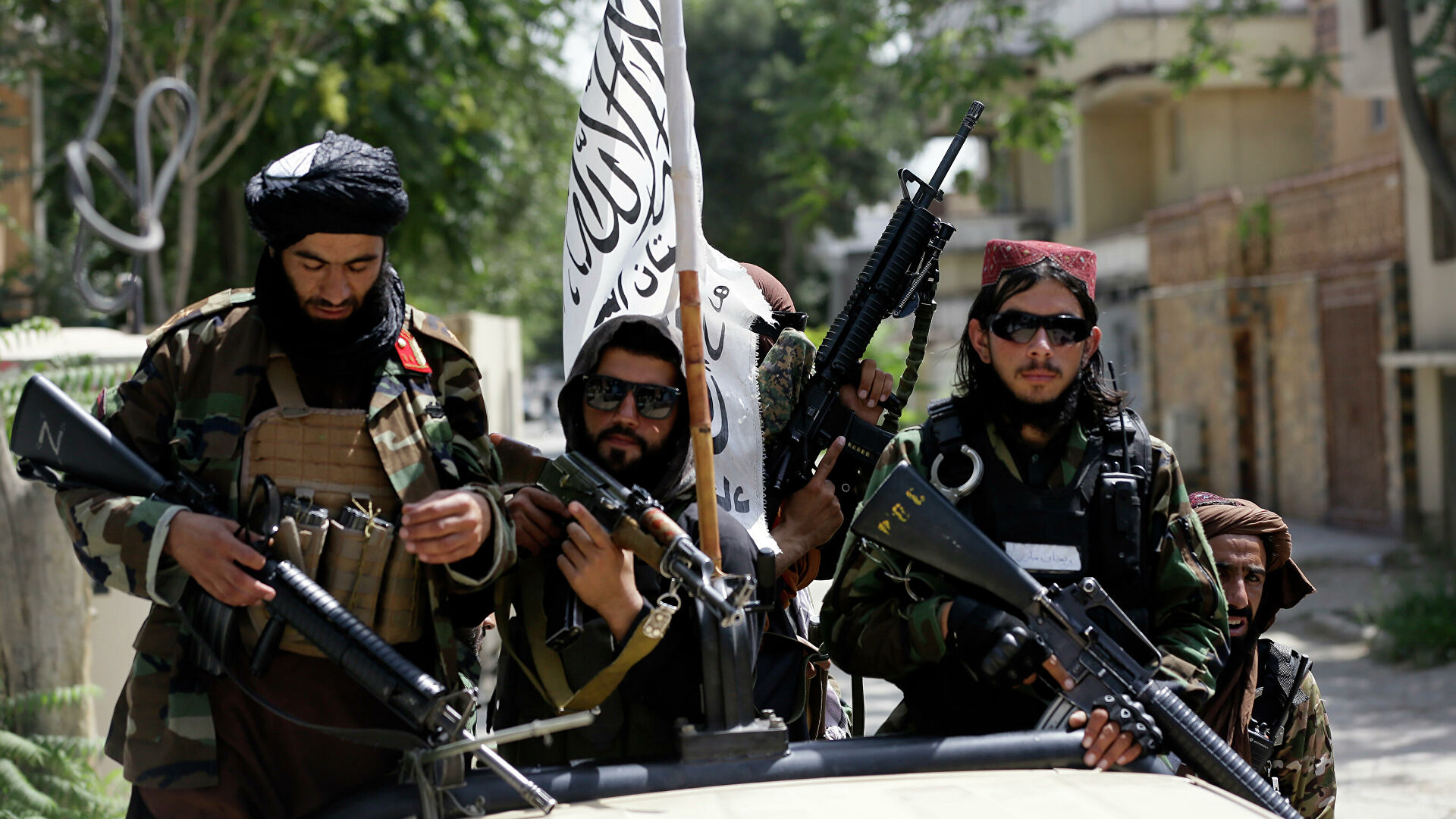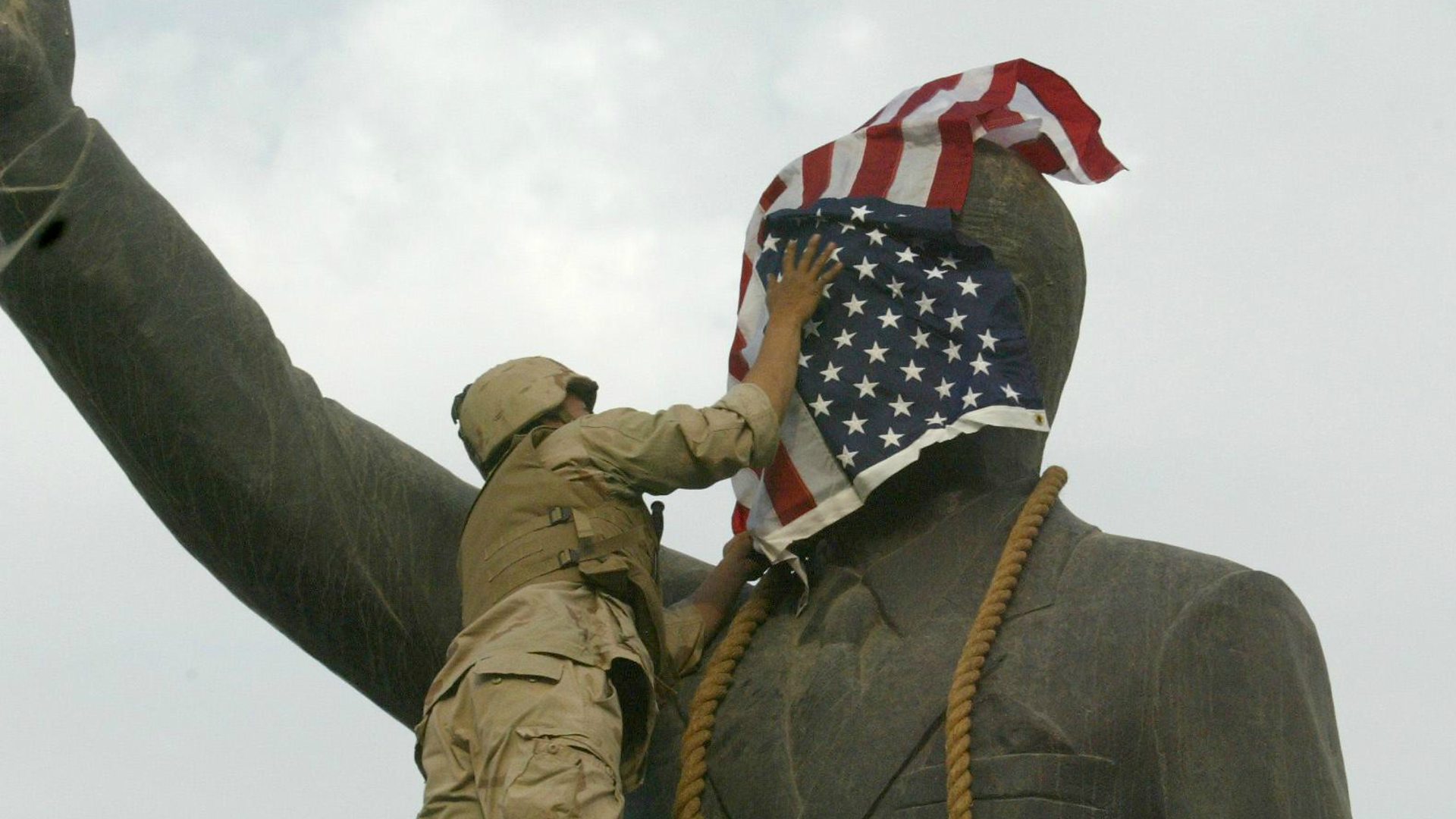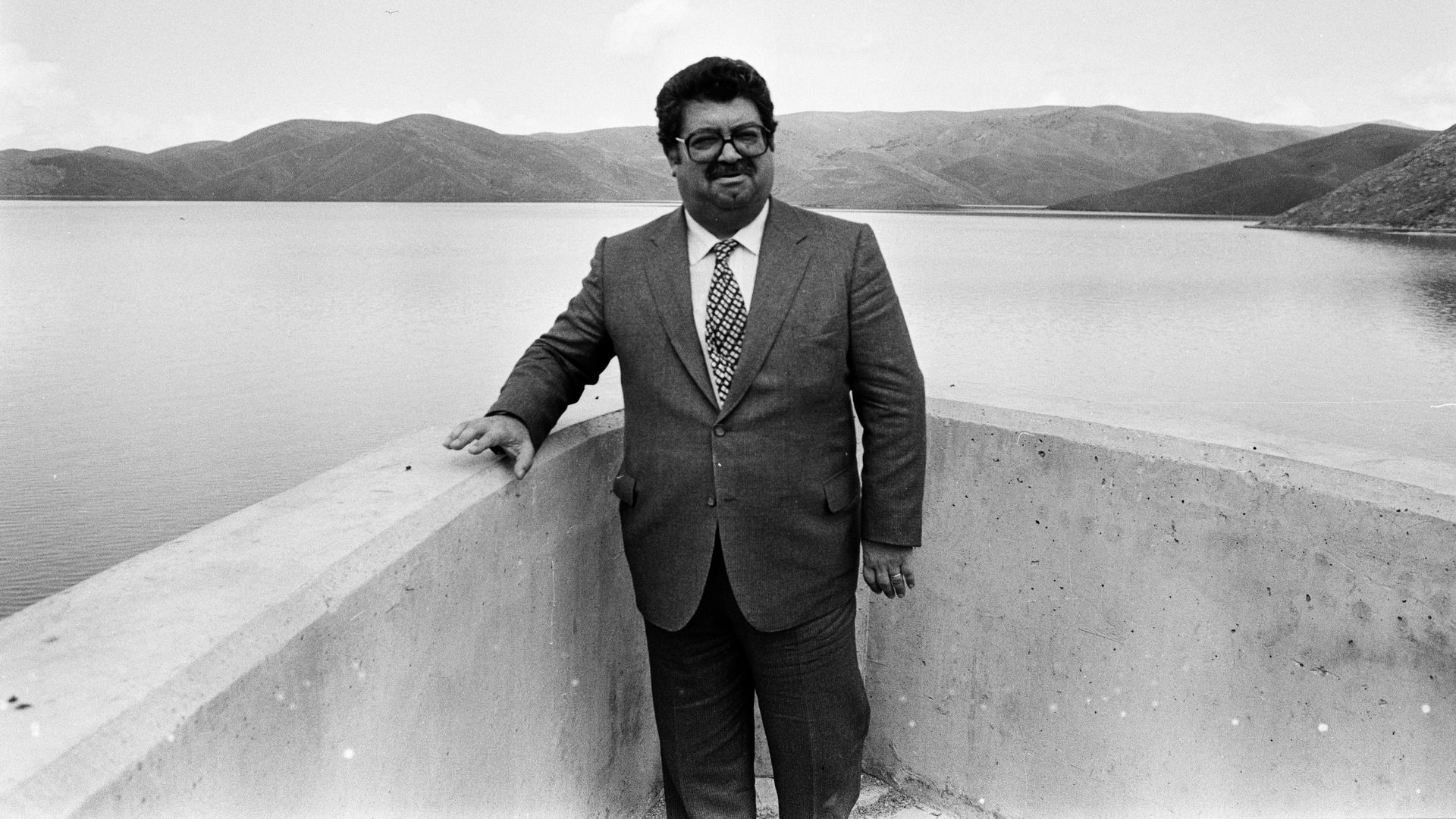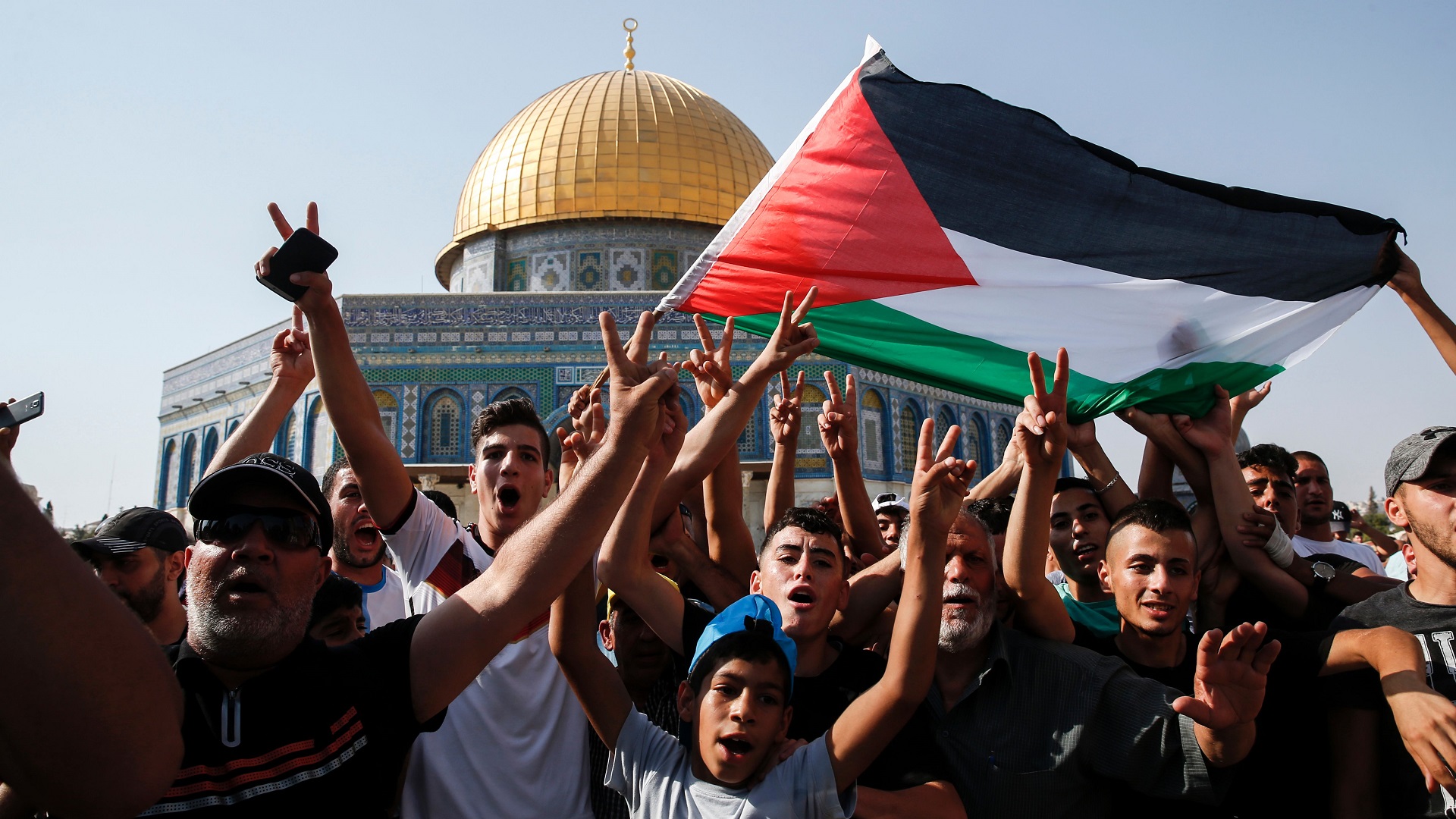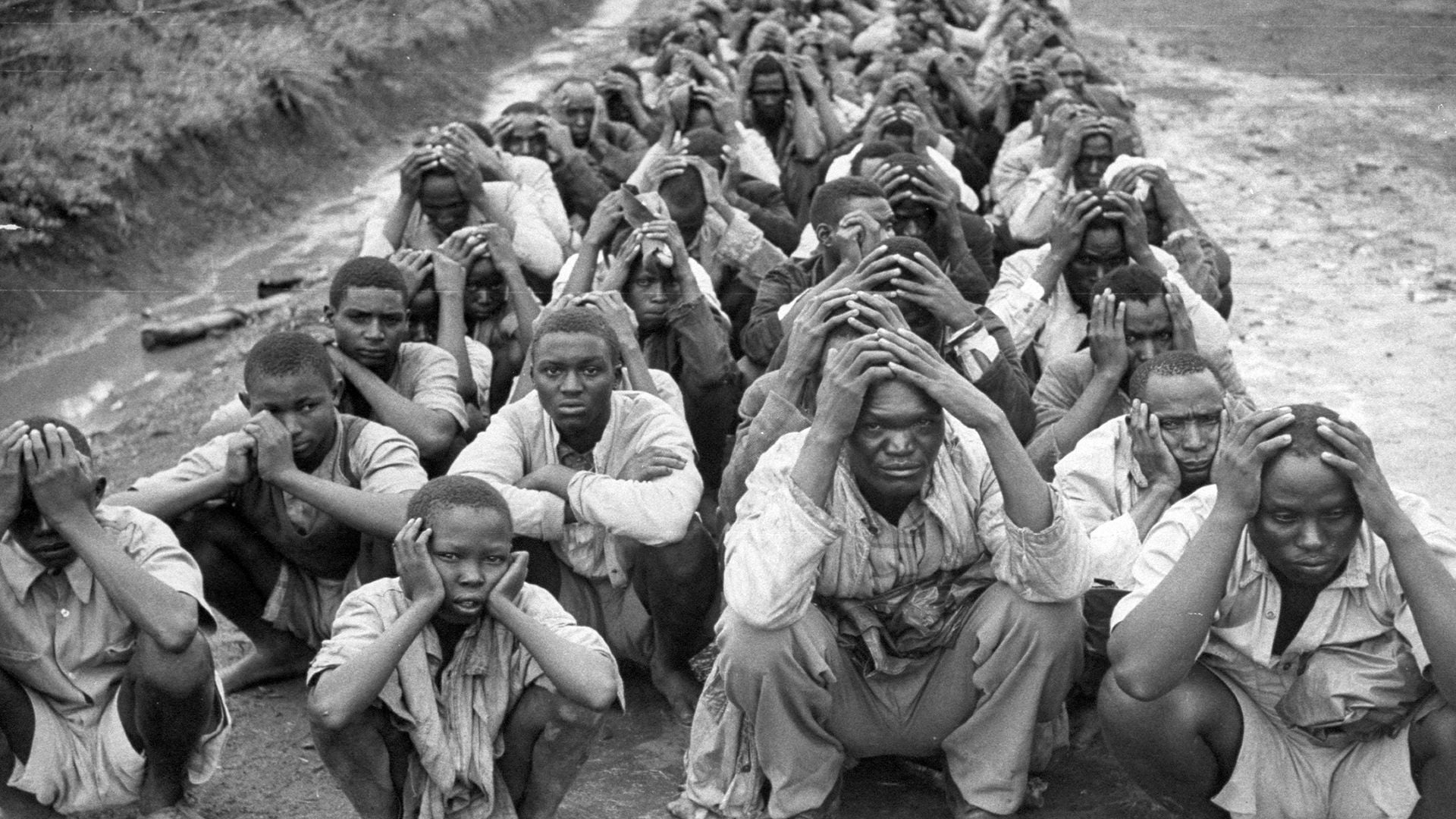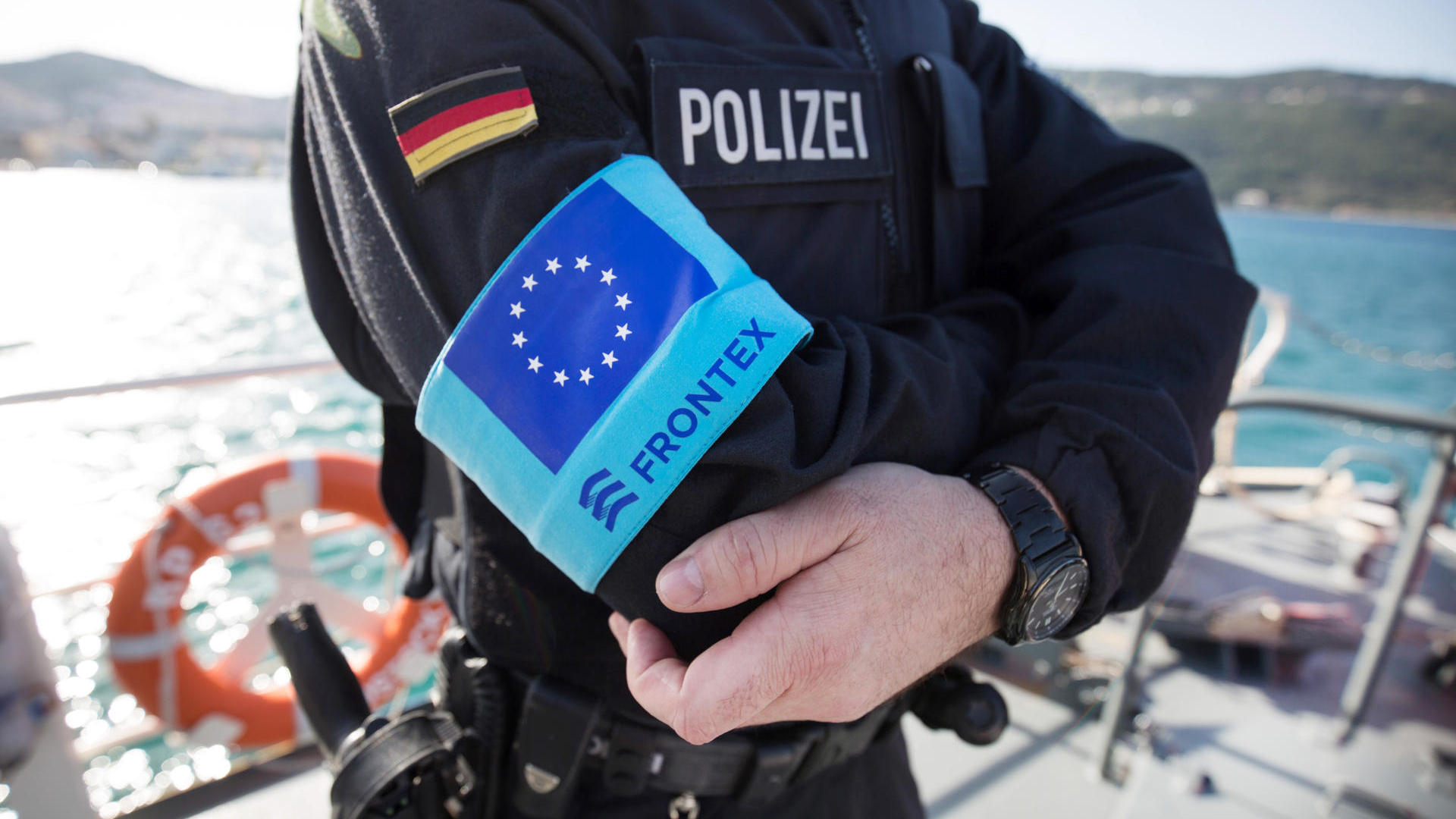Today there are many global security problems in the world related to different fields like public health, economy, politics, religion etc. and all states have their national security policies in order to provide security inside their borders. According to the securitization theory, these national security policies of states are not naturally given but carefully designed by politicians. And political issues are constituted by a ‘securitizing actor’ as extremely dangerous, menacing, threatening, and alarming problems to be immediately dealt with.
So, the security issues are not just “out there” but rather must be enounced by the security actors. Calling a non-democracy, a “threat to national and/or international security, for instance, shifts non-democratic states from low priority concern to high priority issue that entails action, such as securing national/international borders.[1] According to the Democratic Peace Theory, the unwanted existence of non-democracies requires immediate action because they’re the biggest barriers to overcome on the path to peace.
As a branch of liberalism, the basis of the Democratic Peace Theory dates back centuries, at least to the 18th century German enlightenment philosopher Immanuel Kant and his book “Perpetual Peace” which the theory was first presented. The Democratic Peace Theory simply states that “Democracies tend not to fight other democracies” But democracies are only peaceful toward each other. So, a democracy fighting a non-democracy is the same as the non-democracy fighting another non-democracy.[2] That’s why in the declaration of war message in 1917, the US President Woodrow Wilson said his country only aimed to make the World safe for democracy. And since this historical declaration, the US presidents claimed to have the same aim for years.
In 1994, President Bill Clinton said that supporting advanced democracy elsewhere was the best strategy of them to ensure the US security and to build a long-term peace.[3] Parallel to Clinton’s words, a little bit after the start of the 2003 Iraq War, in 2004 President Bush said democracies don’t go to war with each other because people of the democratic societies know what war means so they don’t want it to happen and that’s why he believed the way was forward for democratic states in the Middle East to promote democracy.[4]


So, here we talk about the democracies tend not to fight each other, aim to make the World peaceful and safe etc. but this is based on how we define the mentioning democracies. In democracies, citizens encourage cooperation through contractual agreements, and violence is not allowed. In order to stay in power, the priority of a democratic leader must be society’s will. So, she/he can declare war only if society is okay with this decision but democratic societies usually don’t support such decisions because they know what war means. On the other hand, in a non-democracy, it’s enough to have the support of a group of people who will benefit from the war although most of the society get harmed from it. Now we can say that democratic leaders have less incentive to enter a war and they only enter when they can win.
So, the ideology of the Democratic Peace Theory is the clearest sign that particular morals, values, and ideals are promoted at the international level. Realism says keep ideology at home but in contrast, liberalism wants ideology to be embraced it’s a particular ideology that is going to make the world a better place.
According to realism, the international system is anarchic because there’s no central authority to regulate the actions of states by enforcing contracts and ensuring they act in cooperation. So neo-realists say that in such a system without a central authority, states cannot trust the goodwill of others and so they adopt the principles of self-help. On the contrary, the ideology of democratic peace theory furthers the understanding of liberalism’s focus on commitment and reputation.[5] If some people need free democracy in their country but that’s not happening, advocates of the democratic peace theory claim to look at the world through a perspective that they don’t see such non-democracies as threatening to their own security but as potentially threatening to the international principles of human rights. In this context, the US claims that North Korea or Iran are not threatening US security but the international system. So, when a state applies the principles of DPT, suddenly some countries become far more threatening and belligerent especially if they’re threatening the rights and freedoms of other allied states.
The belief that the rights of some country’s peoples are being injured or there are threats to their sovereignty by the invading power, the advocates of DPT claim to look at the world through some sort of ideological lens, like “all people must be free and all lands must be sovereign” and when they see one country invading one another, they’re kind of drawn towards helping out that country that was invaded. Just from a simple ideological standpoint, that is what brought the US into conflict with Iraq in 1990.[6] The official understanding was that Iraq invaded Kuwait in 1990, it was a classical case like Germany invades Poland. The US had to come to the rescue again because that’s what they do.
Now if we go back to the main idea of the DPT, “democracies don’t go to war with each other”, it’s easy to understand that we don’t have all democratic states across the world yet since the wars still continue. What even more impressive, there are some parts of the world that were stable in a couple of months ago and are now increasingly destabilized. So, democratic stability is not guaranteed. But according to the theory, more countries become democratic a less likely war will happen. So, there are two ways to do this. Someone could simply play the international police force or whatever the states find a problem in the world they could take the matter to UN; international court of human rights etc. and effectively sanction an aggressive country within the framework of conventions and other binding international agreements.


Since we know the fact that it was President Wilson’s idea to find a League of Nations as an authority to prevent the possible conflicts or wars, we can simply say that in decades the US and its allies had an important act on the shaping of the international system and security issues in accordance with the Democratic Peace Theory besides other liberal values. Its examples can be seen in Europe and the European Union. Because the Democratic Peace Theory is almost completely parallel with economic ties. So, the European countries that are completely dependent on each other today solve all of their problems in diplomatic ways. None of them could declare war against another European country because this also could affect its own economy very badly.
So, this low possibility of war also brings less invested armies besides. Because if you’re a developed country surrounded by democratic neighbors and you don’t need to defend yourself against an “unjust enemy” what would you need a strong army for? That’s why most of the European states don’t waste energy to build their own strong army like they did in the past but they choose to be a part of NATO which is again is an example of cooperation between democracies. [7]
Finally, what defines an “unjust enemy”? It’s a very subjective term. The Democratic Peace Theory increases the incentive for democracies to go to war with non-democracies making it paradoxically one of the most belligerent IR theories. If you go to war and make every country democratic there wouldn’t be war anymore so the road to the path for peace is paid with dozens and dozens of other wars. This is a kind of paradox.
[1] Clara Eroukhmanoff, Securitization Theory, https://www.e-ir.info/2018/01/14/securitisation-theory-an-introduction/, April 24 2020
[2] Ido Oren, Democratic Peace, https://www.britannica.com/topic/democratic-peace, April 24 2020
[3] 1994 State of the Union Address, Defense, https://www.washingtonpost.com/wp-srv/politics/special/states/docs/sou94.htm, 24 April 2020
[4] President and Prime Minister Blair Discussed Iraq Middle East, https://georgewbush-whitehouse.archives.gov/news/releases/2004/11/20041112-5.html, 25 April 2020
[5] Christopher S. Browning, International Security: A Very Short Introduction, Oxford, 2013, p12
[6] Khan Academy, The Gulf War, https://www.khanacademy.org/humanities/us-history/modern-us/1990s-america/a/the-gulf-war, 26 April 2020
[7] https://youtu.be/UBww42Tj41g


